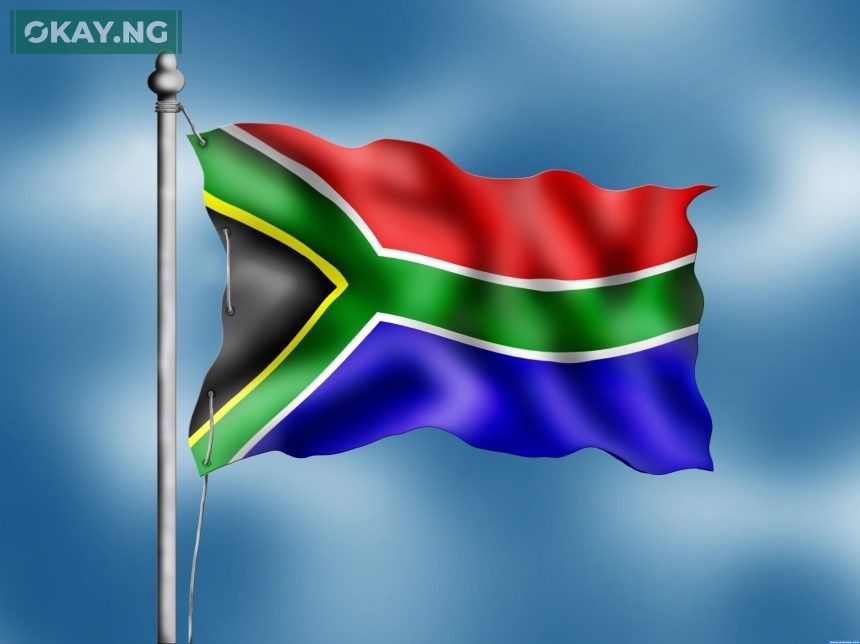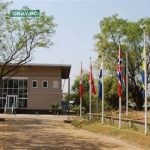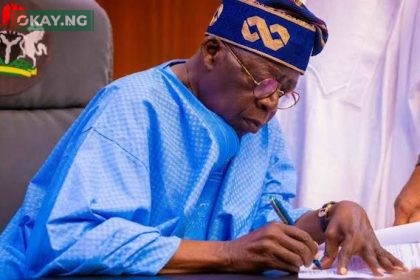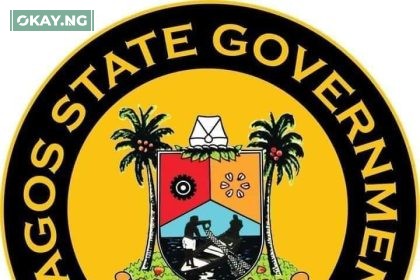South Africa’s economic landscape witnessed a notable resurgence in the final quarter of the year, with foreign direct investment (FDI) inflows soaring to 7.5 billion rand ($411.76 million), according to the South African Reserve Bank’s (SARB) latest Quarterly Bulletin. This marks a significant turnaround from the previous quarter, which saw outflows of 3.2 billion rand, signaling a renewed, albeit cautious, confidence among international investors.
The SARB attributed this positive shift primarily to “increased equity investment in domestic subsidiaries by non-resident parent companies.” In essence, global corporations are bolstering their presence within South Africa, reinforcing their long-term stakes in the nation’s economic future. This infusion of capital offers a much-needed boost, potentially stimulating job creation and bolstering domestic industries.
However, the narrative is nuanced. Portfolio investments, while still positive, registered a slight deceleration. Inflows dipped to 33.4 billion rand from the previous quarter’s 45.6 billion rand. As the SARB detailed, “Non-residents’ net acquisition of debt securities, which included the proceeds from national government’s issuance of two international bonds amounting to $3.5 billion, outweighed their disposal of equity securities.” This suggests that while investors are still interested in South African assets, they are leaning towards the relative stability of government bonds amidst prevailing global uncertainties.
From an analytical standpoint, these figures reflect a complex interplay of factors. The government’s successful issuance of international bonds demonstrates a level of trust in South Africa’s creditworthiness. Yet, the fluctuating portfolio investment patterns highlight the sensitivity of global capital to economic headwinds.
“It’s crucial to understand that these inflows, while positive, don’t exist in a vacuum,” says a financial analyst familiar with the SARB’s data. “They are influenced by global interest rates, commodity prices, and investor sentiment towards emerging markets as a whole. As we navigate these turbulent economic waters, consistent policy and stable governance are vital to maintain this momentum.”
Read Also: South Africa Equities Downgraded: Economic Slowdown Concerns
These investment flows translate to real-world implications. Increased FDI can potentially lead to job creation, infrastructure development, and technological advancements, all of which are critical for South Africa’s long-term economic prosperity. For many South Africans, this news offers a glimmer of hope amidst persistent economic challenges.
However, it’s essential to remain grounded. While the Q4 figures are encouraging, sustained growth requires ongoing efforts to address structural issues such as energy reliability, logistical bottlenecks, and policy certainty. These factors directly impact investor confidence and, ultimately, the well-being of the nation.
As we, the observers of this economic narrative, consider these developments, it is clear that South Africa remains a key player in the global investment arena. The country’s ability to attract significant capital, even in challenging times, speaks to its inherent potential. The challenge now lies in harnessing this potential to ensure sustainable and inclusive economic growth for all its citizens.













